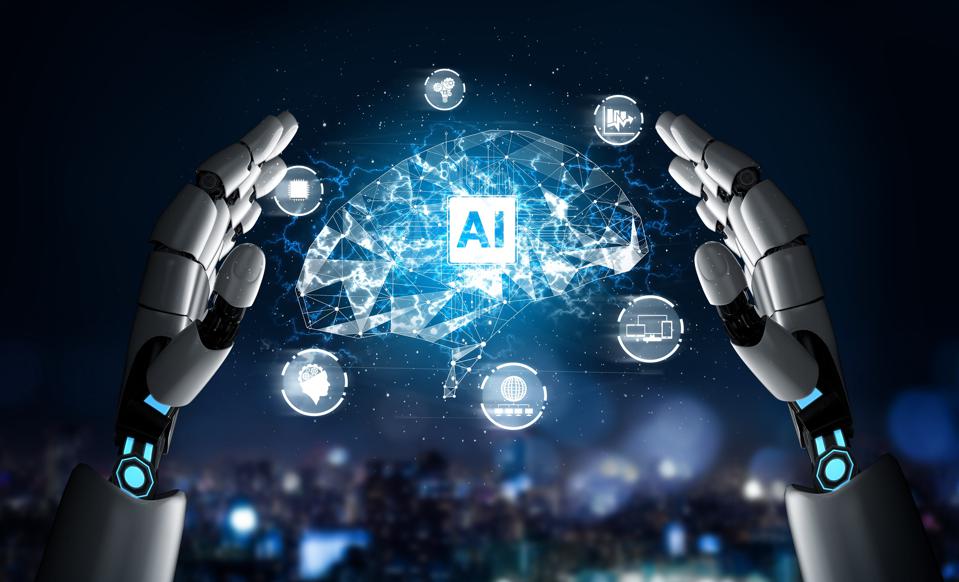The future of AI in relation to humanity is intricate and diverse. It is highly probable that in the coming years, intelligent machines, bots, and AI systems will be created to enable humans to easily manage significant tech-aided decision-making in their daily lives; and gain time to focus on more important tasks and innovations.
As AI technology keeps advancing, it will be crucial for developers to prioritize user control and transparency in their AI systems. Essentially, AI is a rapidly evolving landscape, where current innovations are accelerating at an unprecedented pace, making it challenging to keep up. Undoubtedly, artificial intelligence is revolutionizing the future of humanity in nearly every industry, with extensive implications that will transform every aspect of our lives.

AI will be transformative, with far-reaching implications for every aspect of humans’ lives, where key areas are likely to have a major impact:
- Healthcare can be revolutionized with AI by enabling more accurate diagnoses, personalized treatments, and improved patient outcomes.
- Education can be transformed with AI-powered tools and platforms by providing personalized learning experiences tailored to each student’s needs and abilities.
- Manufacturing will benefit from AI by improving efficiency, reducing waste, and increasing productivity.
- Self-driving cars and other autonomous vehicles are expected to become more common with AI, making transportation safer, more efficient, time-saving, and more environmentally friendly.
- AI is already being used in finance to detect fraud, identify investment opportunities and improve customer service.
- AI-powered technologies are likely to change the way we consume and interact with entertainment, including personalized content recommendations and immersive virtual reality experience
However, there are also concerns about the potential negative impact of AI, such as job displacement, privacy, and security, and ethical concerns surrounding the use of AI in areas like autonomous weapons and facial recognition technology. As AI continues to evolve and become more integrated into our daily lives, it will be crucial for society to carefully consider the ethical and social implications.
In a future where AI transforms economies, there will be a need for a broader discussion on the types of societies we will want to create. If AI and related technologies reduce the cost of goods significantly, which would be produced almost free of charge, would money become obsolete? In that case, what could replace money as a motivation for individuals to lead meaningful lives? Would traditional economic theories still apply? It is possible that, in the very long term, a new social contract could emerge, providing access to basic services for a comfortable life while redefining concepts such as work, money, and purpose, as well as the role of institutions and corporations. This would require a design that includes everyone’s perspective and should be initiated as early as possible.

